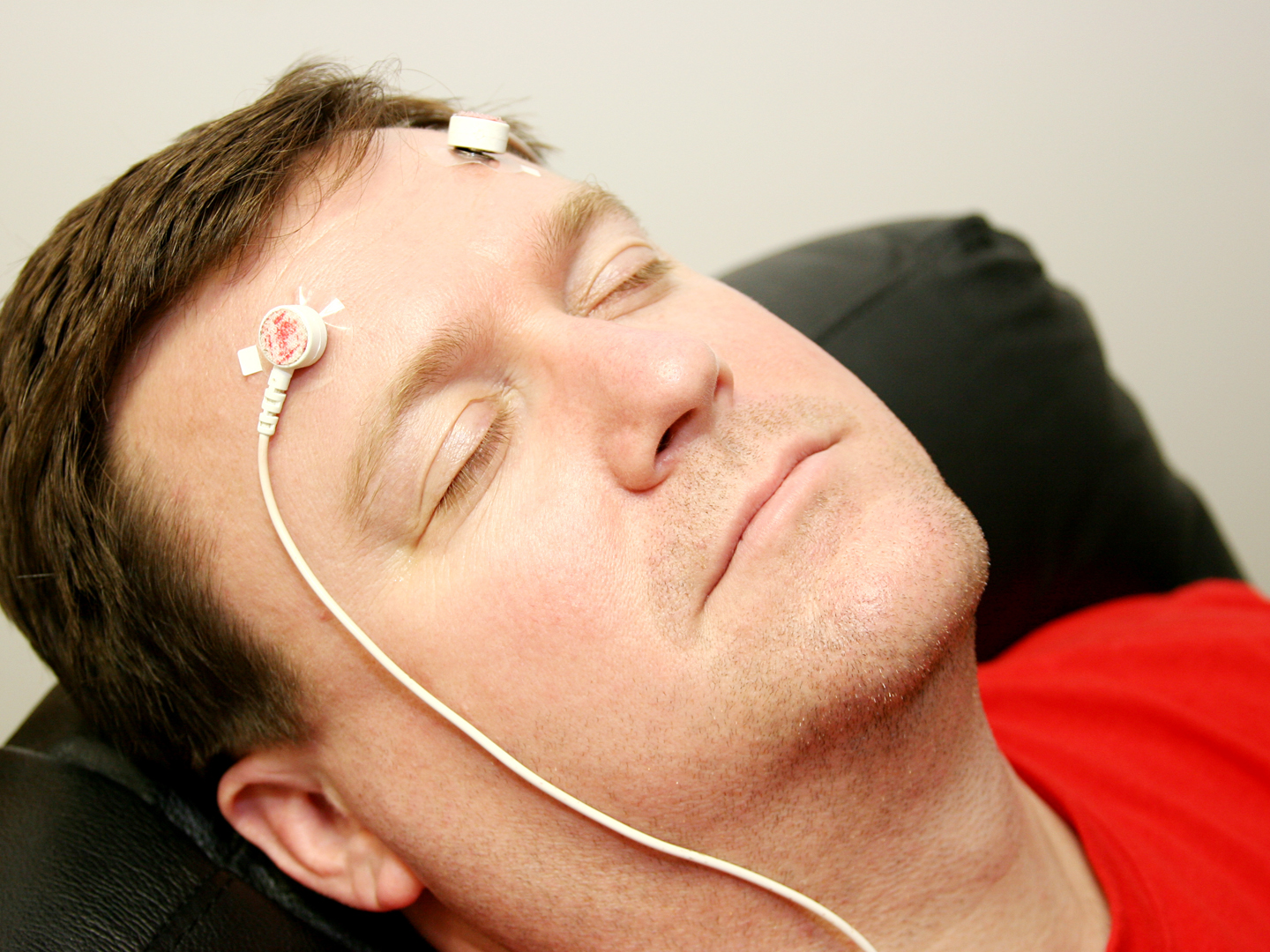Sleep is an essential part of our everyday lives, enabling our physical selves and minds to rest and recover. However, many individuals experience from sleep disorders, which can significantly disrupt slumber patterns. These disorders can result to various issues, including changes in brainwave activity. Brainwaves are electronic signals in the mind that indicate our cognitive state and function. When sleep is disturbed, the typical patterns of brainwaves can be impacted, resulting to issues with cognitive function, such as memory, focus, and decision-making.
There are several types of sleep disorders, including sleeplessness, slumber apnea, and restless leg syndrome. Sleeplessness is characterized by trouble falling or staying asleep, while sleep apnea entails interruptions in respiration during sleep. Unsettled leg syndrome causes uncomfortable sensations in the limbs, leading to an compelling urge to shift them. Each of these disorders can disturb the natural sleep cycle, which comprises of different stages, including shallow sleep, deep sleep, and REM (rapid eye movement) slumber. Each stage holds a crucial role in maintaining overall brain health and performance.
When sleep disorders disturb with these stages, neural wave activity can become irregular. For example, during profound sleep, the brain produces gentle delta waves, which are essential for bodily restoration and recall consolidation. If a individual experiences repeated awakenings or does not reach profound sleep, the production of these delta waves is reduced. This can lead to challenges in acquiring new information and holding memories. Additionally, REM sleep, which is linked with dreaming and emotional processing, is also impacted. Interruptions in REM sleep can lead to issues with emotional regulation and inventiveness.
The effect of sleep disorders on mental function is significant. Research has demonstrated that individuals with slumber disorders often experience difficulties with attention and focus. This can influence their capability at educational institutions or work, making it difficult to finish tasks or participate in discussions. Furthermore, long-term sleep deprivation can result to emotional changes, heightened stress, and even nervousness or depression. These cognitive and emotional challenges can create a cycle, where poor sleep results to cognitive difficulties, which in turn can result to more sleep problems.
Tackling sleep disorders is essential for improving neural wave activity and qEEG in behavioral sleep medicine mental function. Therapeutic options may include lifestyle changes, such as establishing a consistent slumber schedule, creating a cozy slumber environment, and practicing relaxation techniques. In some cases, medical intervention may be required, such as using a CPAP machine for sleep apnea or pharmaceuticals for insomnia. By prioritizing sleep and pursuing appropriate treatment, people can improve their overall mental abilities and boost their quality of life. Comprehending the relationship between sleep disorders, neural wave activity, and mental function is an essential step toward improved health and well-being.

Comments on “Exploring The Way Sleep Ailments Disrupt Neural Oscillation Activity and Impact Cognitive Performance”